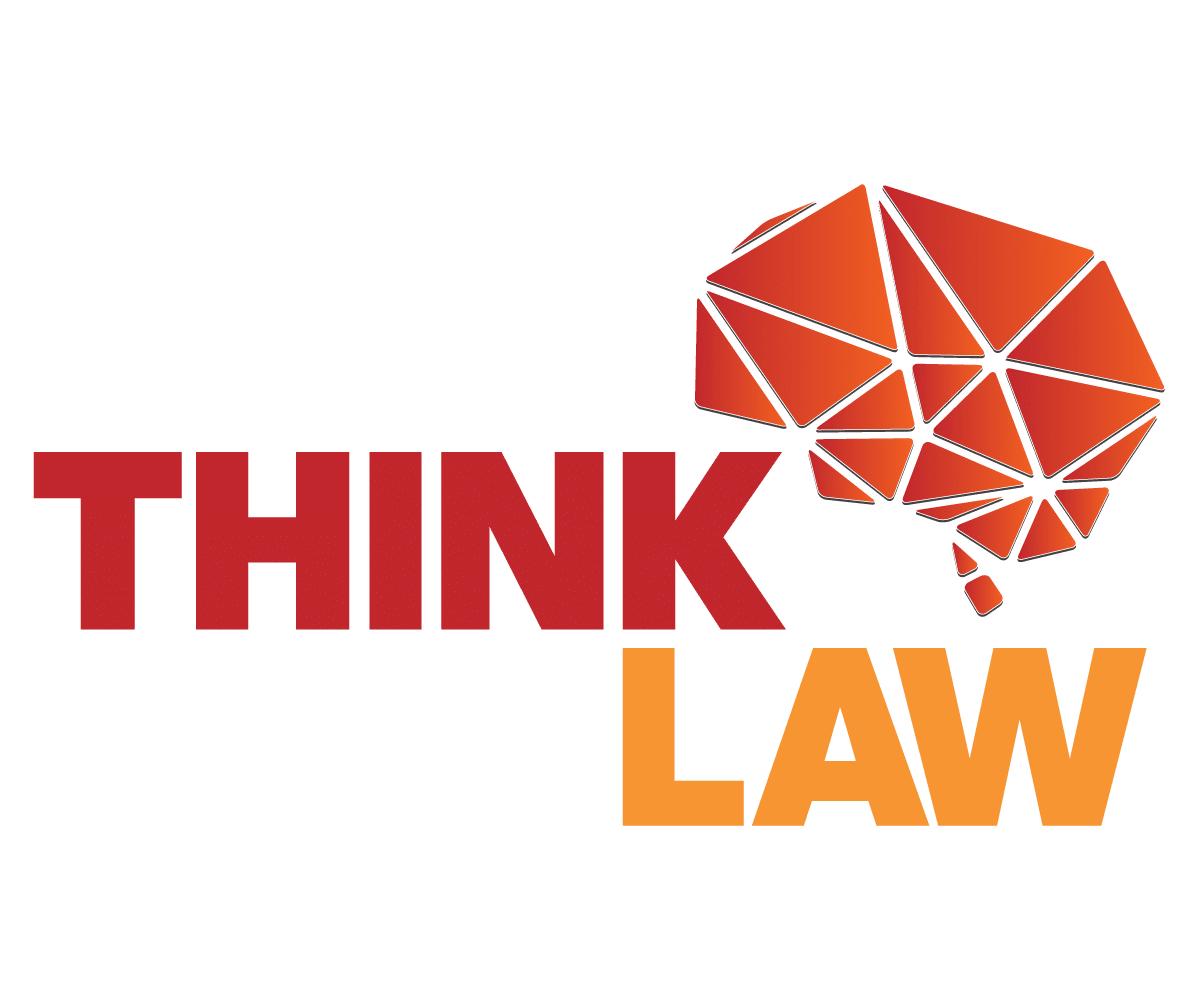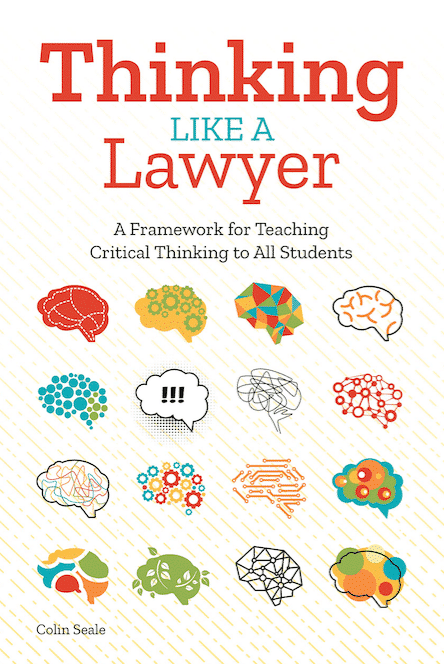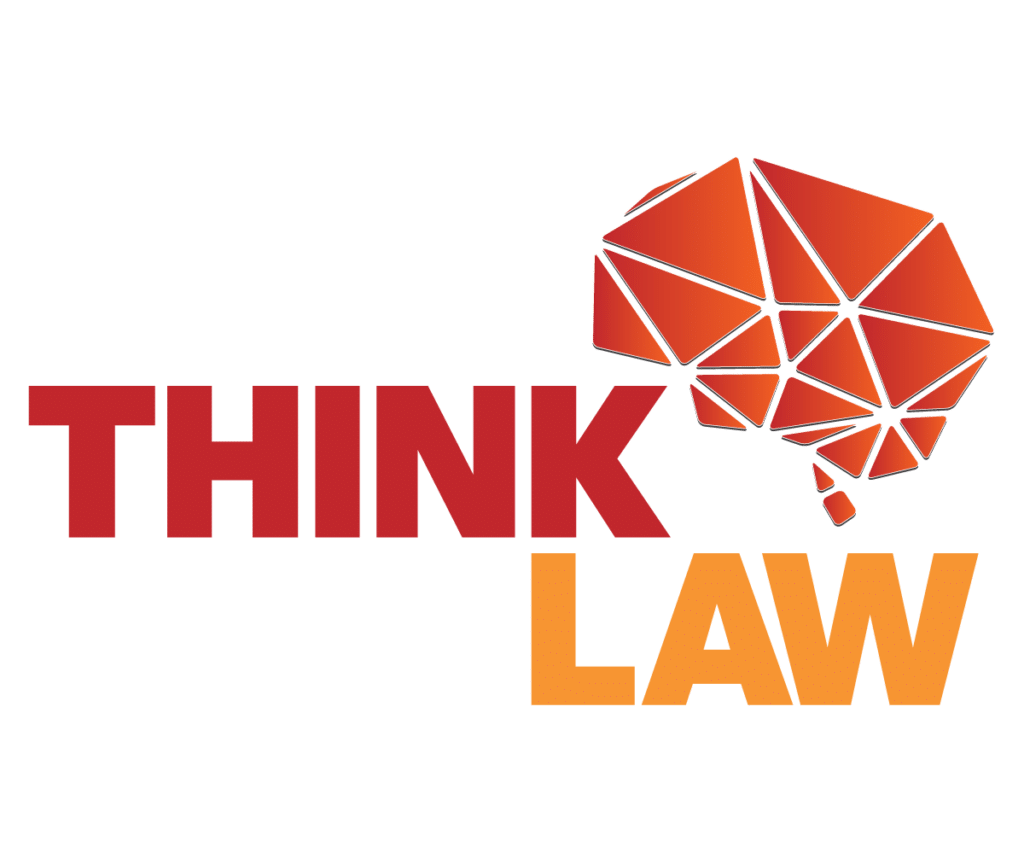I have been working with kids my entire life. From babysitting to hosting birthday parties at Discovery Zone to camp counselor to 14 years as a classroom teacher. I know kids. But something that surprised me when I added “mom” to my list of descriptors was the sheer volume of requests that I field daily. I often joke with my teens that the only time they talk to me is when they want something.
Parenting is a constant stream of decisions about what your kids can and cannot do. These decisions range from, “Can I go outside to play?” to “Can I get a cell phone?” Our decision-making process provides the perfect entry to fostering critical thinking in our kids.
An Organic Opportunity for Critical Thinking Development
We do not need “one more thing” to do. You can foster the development of critical thinking without additional work. Most likely, if you are trying to decide if you should give your kids permission for something new, you are weighing the evidence in your head. What have you seen that shows you your kids are ready – or not ready – for this new opportunity?
You can include your child in this process by following these two steps.
- Name the concern. Anytime we are asked to weigh a decision, we have concerns. The concerns will vary and are likely even different for each child. When your child asks you for permission, ask your child to list the concerns they think you might have. Asking your child to name your concerns allows you to gain insight into their perspective of the situation and ensures that you are on the same page. For example,
- Bike Ride- If your child asks to ride their bike around the neighborhood, you may be concerned about them looking both ways before crossing the street without an adult to remind them.
- Cell Phone- If your child asks for a phone, you may have several concerns. You may be concerned about them spending too much time on their phone, about losing their phone, or about the potential for social media trouble.
- Present the evidence. What evidence can your child provide that your concerns are unnecessary? How can they show you that they are ready?
- Bike Ride- Your child might tell you that you do not need to worry about their bike ride because they plan to stick to low-traffic areas. They may cite a speaker that came to school to review bike safety or let you know that they have successfully remembered to look both ways on the last three family bike rides without any reminders.
- Cell Phone- Teens may tell you that they have carefully managed their school iPad without breaking or losing it. They could present a plan for how to limit temptation to text during class or daily hours where they will turn the phone off. They may explain to you safety features that can be turned on for any social media accounts.
Why Ask for Evidence?
Taking time to practice this skill provides several benefits.
- Providing and analyzing evidence is a real-world skill.
- When you want a raise, you present your boss with evidence that you deserve an increase in pay.
- When you make a medical decision, you do research. You look for evidence that recommended treatments are the best option.
- When you decide how to cast your vote, you weigh evidence and facts to reach your conclusion.
2. It encourages important conversations. When your children realize that they have the power to make a case for themselves, it is a good thing.
Asking for evidence is a quick strategy that can be executed in just a few minutes, but will help build lifelong mindsets your kids need to navigate real-world situations.
Teach Your Child How To Think, Not What To Think
Our goal is simple – help parents raise their kids into thoughtful adults who are able to make informed decisions about the world around them. We want you to feel confident knowing that your child will grow up with the tools they need for success in school and beyond.








Leave a Reply